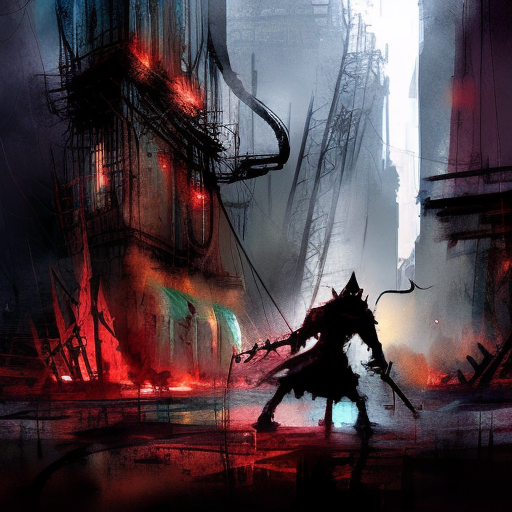One-line summary:
King Rat is a gripping novel by James Clavell that takes place in a Japanese prisoner of war camp during World War II, exploring themes of survival, loyalty, and the human spirit.
The Story:
Set in the Changi Prison camp in Singapore during World War II, King Rat follows the lives of Allied prisoners of war (POWs) as they navigate the harsh realities of captivity under the brutal Japanese regime. The story primarily revolves around the protagonist, Corporal King, a resourceful and cunning American who thrives in the camp’s black market economy.
As the novel unfolds, readers are introduced to a diverse cast of characters, each with their own unique struggles and motivations. King, known as the “King Rat,” forms alliances with influential figures in the camp, including the British officer Lieutenant Grey and the Australian Peter Marlowe. Together, they navigate the treacherous world of the prison, where survival often depends on one’s ability to adapt and exploit opportunities.
The Themes:
Survival and Adaptability:
In the harsh environment of the prison camp, survival becomes the ultimate goal for the POWs. King, with his street smarts and resourcefulness, becomes the embodiment of adaptability. He uses his cunning to establish a thriving black market, trading goods and services to secure his own survival and that of those who align themselves with him. The novel explores the lengths people will go to in order to survive, even if it means compromising their morals.
Loyalty and Friendship:
Amidst the harsh conditions and constant threat of death, the bonds of loyalty and friendship are tested. King’s relationships with Lieutenant Grey and Peter Marlowe demonstrate the complexities of loyalty in a world where trust is scarce. As the story progresses, the characters’ loyalties are challenged, revealing the true nature of their friendships and alliances.
The Human Spirit:
King Rat delves into the resilience of the human spirit, showcasing how individuals can find strength and purpose even in the most dire circumstances. Despite the horrors of war and captivity, the characters in the novel display remarkable resilience and determination. They find solace in small victories, maintain their dignity, and refuse to succumb to despair.
Key Takeaways:
- The novel explores the themes of survival, adaptability, loyalty, and the resilience of the human spirit.
- It highlights the lengths people will go to in order to survive, even if it means compromising their morals.
- The story shows the complexities of loyalty and friendship in a harsh and unpredictable environment.
- King Rat emphasizes the indomitable nature of the human spirit, even in the face of unimaginable hardships.
“Survival’s not about certain death, it’s about keeping your head down.”
– James Clavell, King Rat
In conclusion, King Rat is a captivating novel that takes readers on a journey through the depths of a Japanese prisoner of war camp during World War II. Through its exploration of survival, loyalty, and the human spirit, the book offers a poignant and thought-provoking examination of the resilience of the human spirit in the face of unimaginable adversity.












